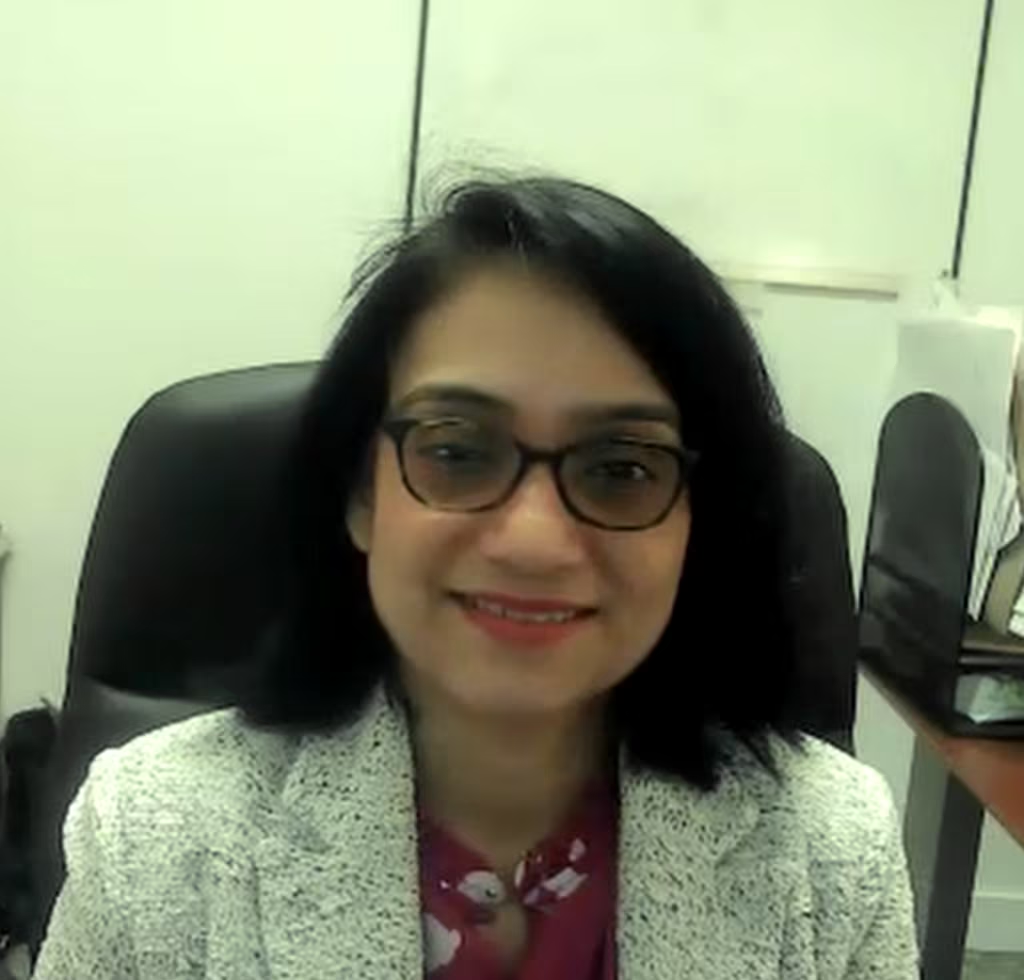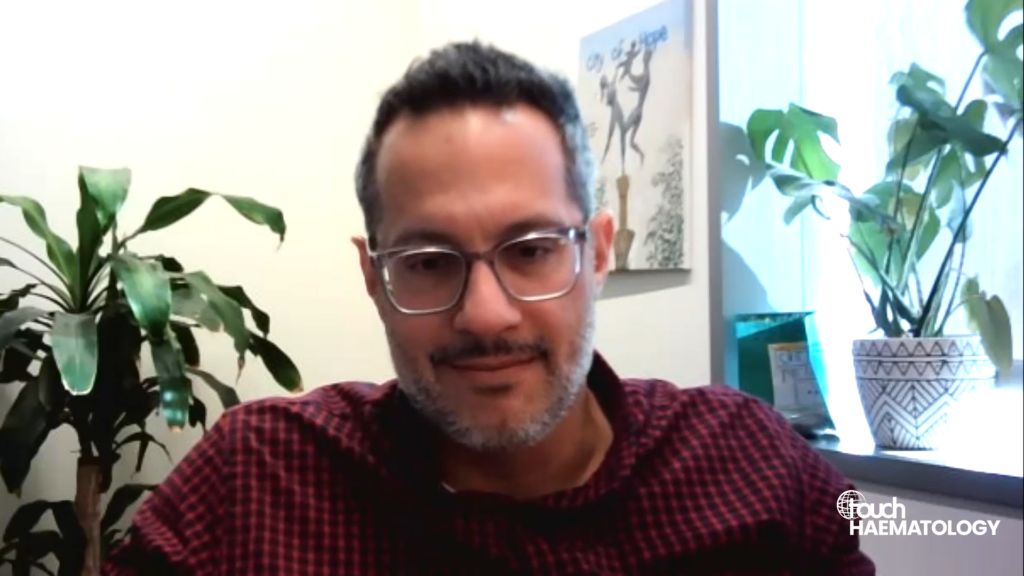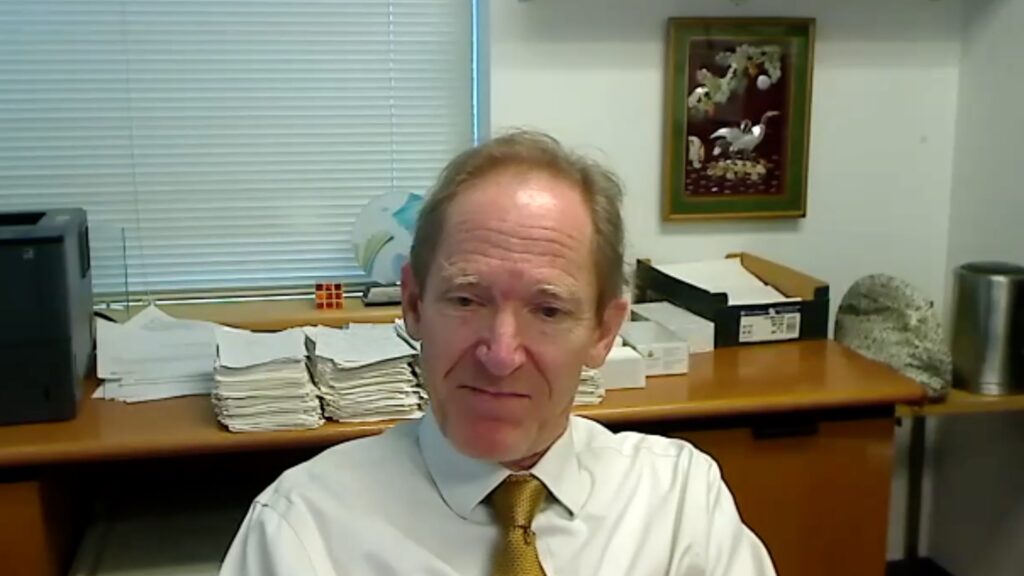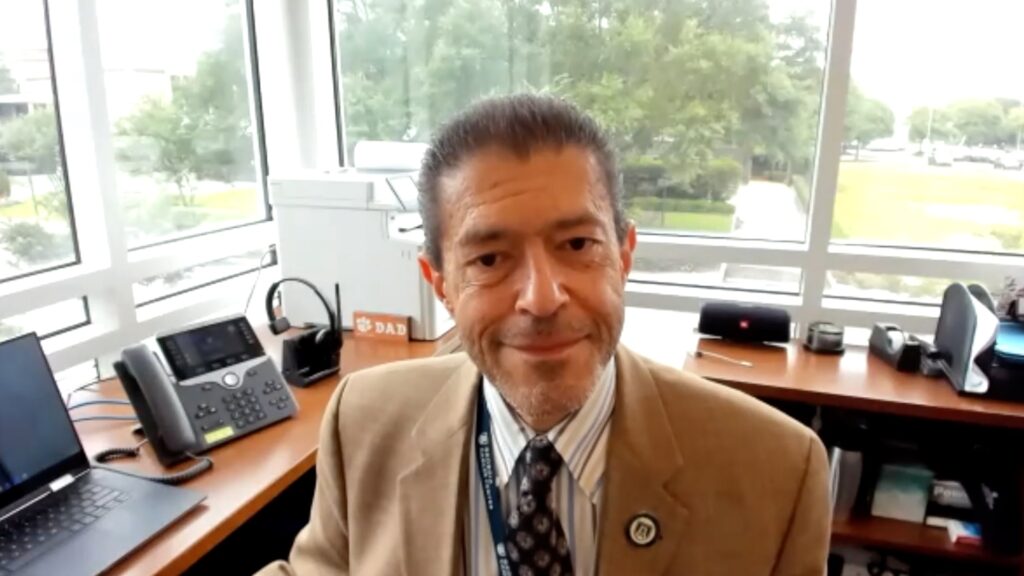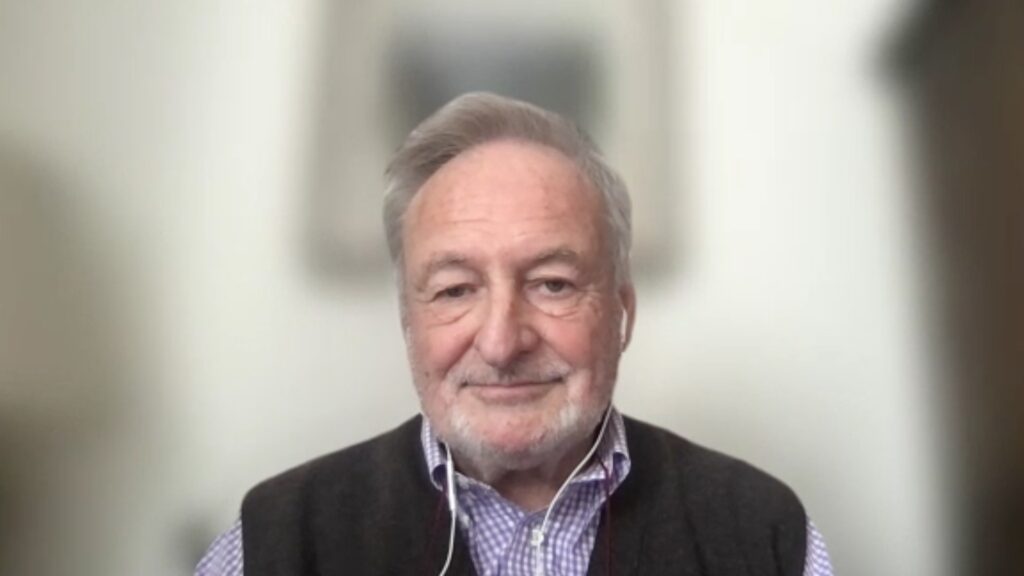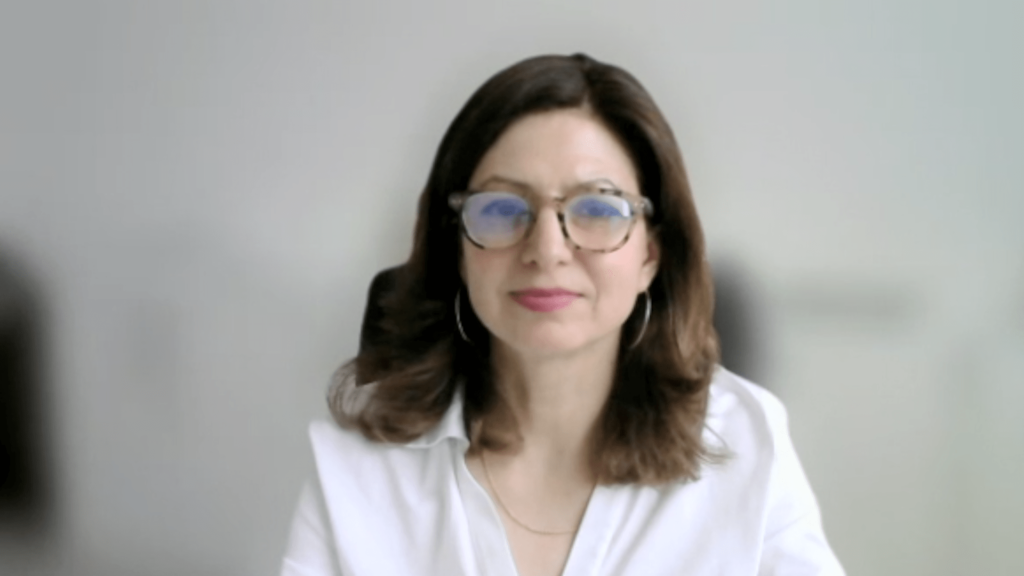In the evolving treatment landscape for acute myeloid leukemia (AML), the question of whether intensive chemotherapy is necessary for all patients remains a crucial topic of investigation. While traditional regimens like the 7+3 approach have been the mainstay, emerging studies suggest the potential for effective alternatives. In this video, Dr. Pinkal Desai (Weill Cornell Medical College, New York, NY, USA) highlights key research from the 66th ASH Annual Meeting & Exposition on 7–10 December 2024 in San Diego, CA, USA. She highlights studies exploring the use of venetoclax and hypomethylating agents (HMA) in younger patients traditionally considered fit for intensive chemotherapy. Additionally, the combination of HMA, venetoclax and ivosidenib has demonstrated impressive response rates in IDH1-mutated AML. These findings underscore the importance of tailored treatment strategies based on patient subsets and genetic profiles. With ongoing phase III trials comparing traditional and less intensive therapies, the field moves closer to answering critical questions about optimizing AML management while reducing treatment burdens.
View the counter-perspective from Dr Desai on: Should we intensify chemotherapy in the treatment of acute myeloid leukemia? Insights from ASH 2024
Disclosures: Pinkal Desai has received grant/research support from: Kura Oncology, Janssen Research and BMS. she has been a member of the advisory board for: BMS, Kura Oncology, Syndax, Servier and Abbvie. She has received other financial or material support from Genentech/Roche.
This content has been developed independently by Touch Medical Media for touchHAEMATOLOGY. It is not affiliated with the American Society of Hematology (ASH). Views expressed are the speaker’s own and do not necessarily reflect the views of Touch Medical Media.


